Why the Libya floods are a human-made disaster
A dictator broke the country. The U.S. intervened, then walked away. The result? A failed state.

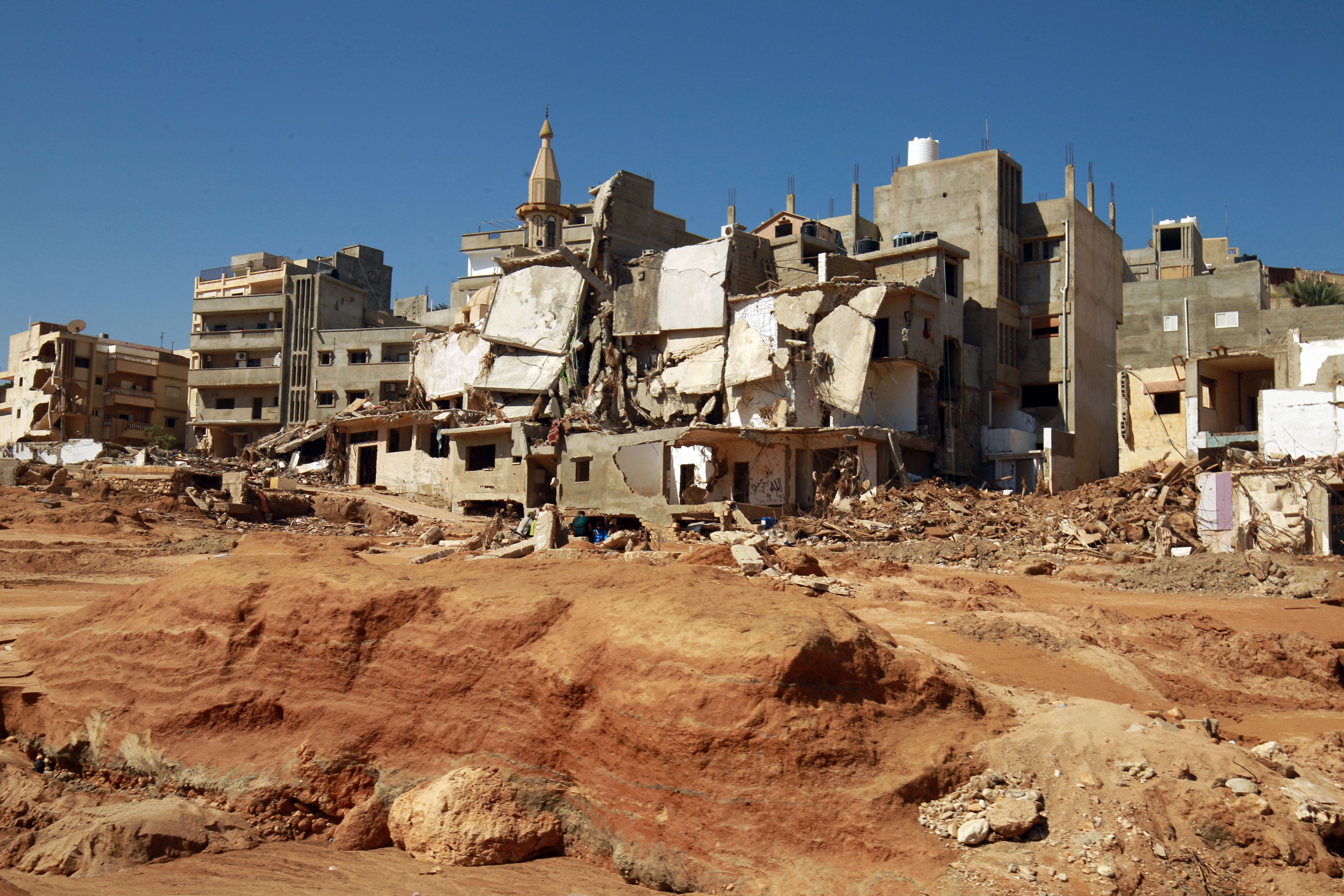
A free daily email with the biggest news stories of the day – and the best features from TheWeek.com
You are now subscribed
Your newsletter sign-up was successful
Flooding has devastated Libya. The Washington Post reported that as many as 20,000 people are dead in the eastern part of the country, killed by floodwaters so large — 23 feet tall at one point — and forceful that they “gouged asphalt from the sidewalks” and caved in buildings. “This disaster is of mythic proportions,” said one official. Observers say the horrors were avoidable, the result of the chaos that has dominated the country since the U.S.-backed overthrow of its dictator more than a decade ago.
America and its NATO allies supported the uprising that overthrew Moammar Gadhafi in 2011, CNN noted. Since 2014, Libya has been “split between two rival administrations” and that “fragmented state” hampered flood preparations — and may also make rescue and recovery efforts much less effective. “This disaster has the hand of man written all over it,” said one think tank observer in Tripoli.
“Much of the current tragedy emerges from the Gadhafi model,” Jonathan Guyer wrote for Vox. The dictator ruled Libya for four decades, and tried to coup-proof the country by decentralizing state functions and “eviscerating the country’s technocratic expertise.” But “the legacy of the 2011 Arab Spring protests, the ensuing NATO bombardment of the country, and its ongoing civil war also contributed to the lack of policy coordination.” Even now, “different U.S. partners support different military factions” ruling the country. That’s helped leave Libya unprepared to handle big challenges.
The Week
Escape your echo chamber. Get the facts behind the news, plus analysis from multiple perspectives.

Sign up for The Week's Free Newsletters
From our morning news briefing to a weekly Good News Newsletter, get the best of The Week delivered directly to your inbox.
From our morning news briefing to a weekly Good News Newsletter, get the best of The Week delivered directly to your inbox.
'The cycle of violence has left its scars'
“This is not new. This is going on for 42 years,” Hani Shennib, president of the National Council on US Libya Relations, told Al Jazeera. In fact, problems with the dams at Derna — which failed catastrophically, causing the deadly floods — have been known for years, and almost no maintenance had been done on them in recent decades. The city itself had been torn apart previously by fighting between competing factions. “The cycle of violence throughout the years has left its scars,” the news service noted, “with authorities not investing in any major rebuilding program.”
Does the United States bear some responsibility? After America and NATO helped overthrow Gadhafi, the U.S. “focused its efforts on promoting democracy over state building,” Ethan Chorin argued in The New York Times. Most of the task of actually rebuilding was left to European allies. But “the United States retreated” from even its democracy-building efforts after the Benghazi attack in 2012. “The political split between the east and west of the country emerged in the turbulence,” Chorin wrote. The U.S. apparently prefers to keep Libya at arm’s length, but “the United States has an opportunity, now, through this disaster, to re-engage directly with the Libyan people.”
A new era greeted warily
“Libya’s unstable status quo is also the result of the intervention of outside actors,” Ishaan Tharoor added at The Washington Post. It’s not just the U.S., though: Qatar and the UAE, as well as Turkey and Russia, have supported rival groups and mercenaries in the country. Given all that history, new talk about outsiders helping Libya through its current crisis is greeted warily. “Skepticism abounds among embittered Libyans.”
Outsiders are rushing to help Libya. CBS News reported that the U.N., United States, European Union and multiple Middle Eastern, North African and European nations have all pledged support in the form of rescue teams, medical supplies and other aid. “This is a time for unity of purpose,” said U.N. High Commissioner for Human Rights Volker Turk. “All those affected must receive support, without regard for any affiliations."
A free daily email with the biggest news stories of the day – and the best features from TheWeek.com
The hope now is that the floods are a “catalyst for a more functional working relationship” between both the rival governing factions and the outside international community, the University of Reading’s Dina Rezk wrote at The Conversation. Before progress can be made, however, “the rescue operation must be given priority.” In the meantime, the search for survivors — and for those who didn’t make it — continues.
Joel Mathis is a writer with 30 years of newspaper and online journalism experience. His work also regularly appears in National Geographic and The Kansas City Star. His awards include best online commentary at the Online News Association and (twice) at the City and Regional Magazine Association.
-
 Health insurance: Premiums soar as ACA subsidies end
Health insurance: Premiums soar as ACA subsidies endFeature 1.4 million people have dropped coverage
-
 Anthropic: AI triggers the ‘SaaSpocalypse’
Anthropic: AI triggers the ‘SaaSpocalypse’Feature A grim reaper for software services?
-
 NIH director Bhattacharya tapped as acting CDC head
NIH director Bhattacharya tapped as acting CDC headSpeed Read Jay Bhattacharya, a critic of the CDC’s Covid-19 response, will now lead the Centers for Disease Control and Prevention
-
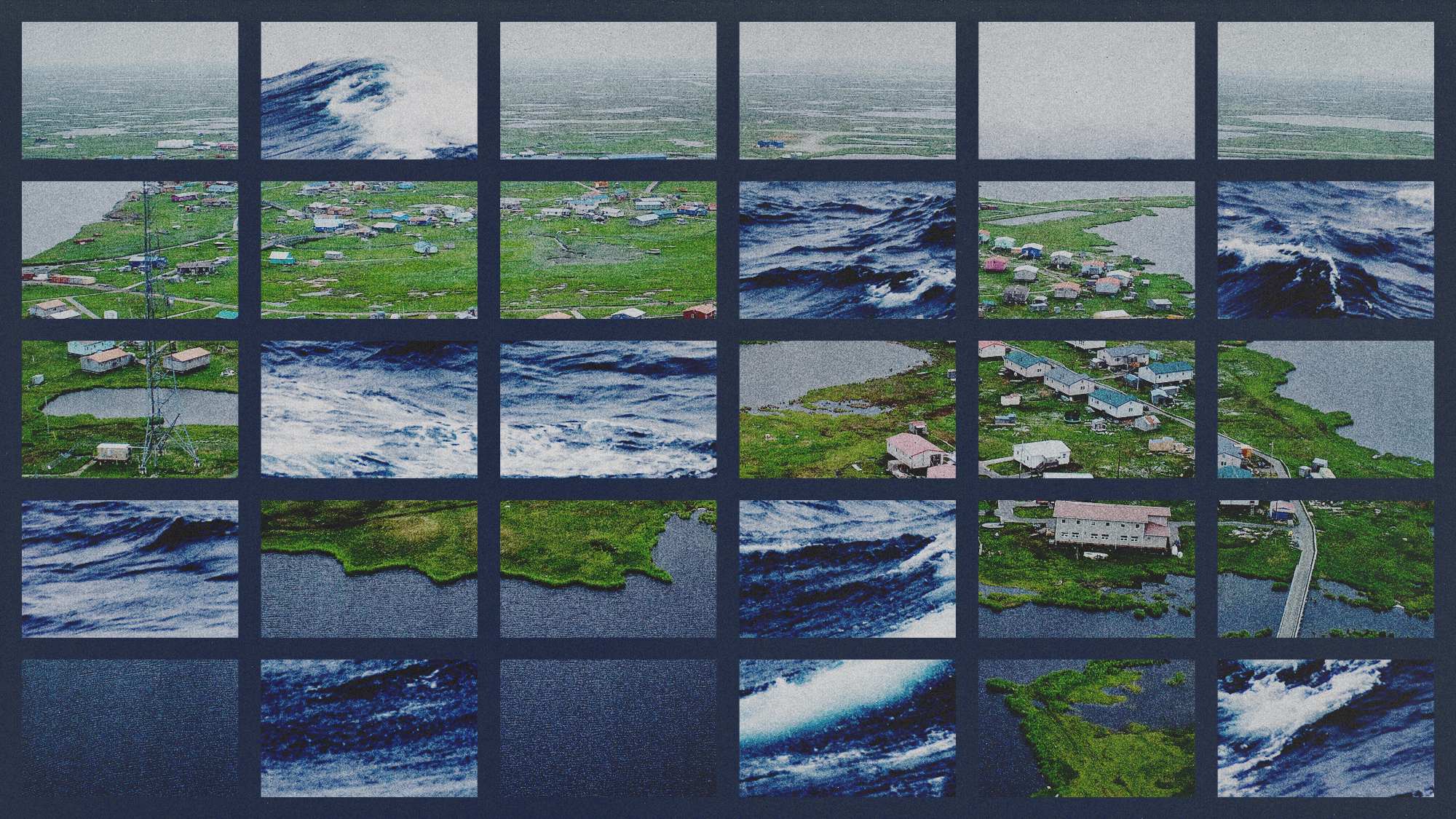 Western Alaska reels as storm aftermath prompts mass evacuations
Western Alaska reels as storm aftermath prompts mass evacuationsUNDER THE RADAR Alaskan lawmakers point to climate change as airlifts relocate hundreds from coastal communities devastated by the remnants of Typhoon Halong
-
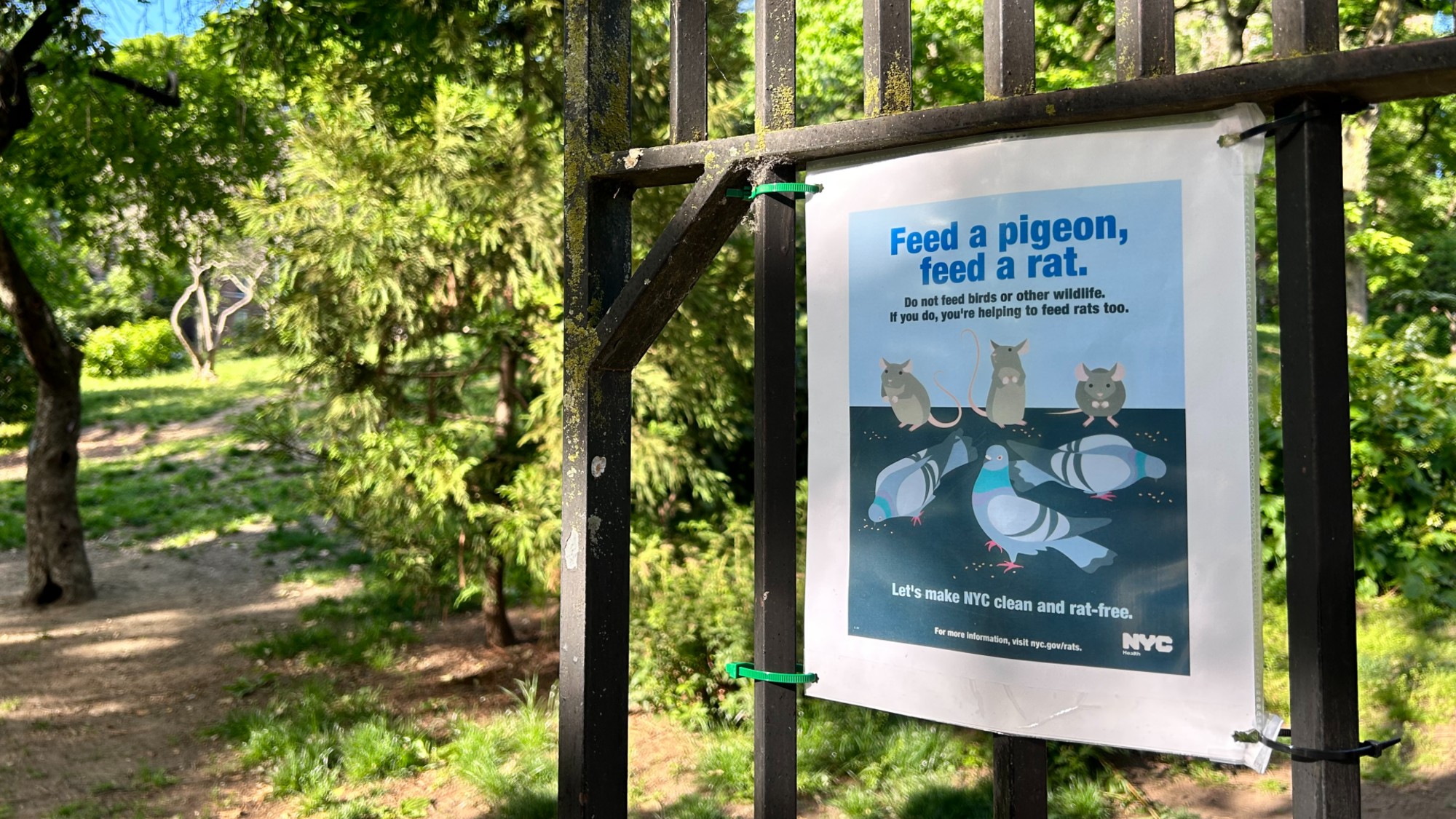 'Total rat eradication in New York has been deemed impossible'
'Total rat eradication in New York has been deemed impossible'Instant Opinion Opinion, comment and editorials of the day
-
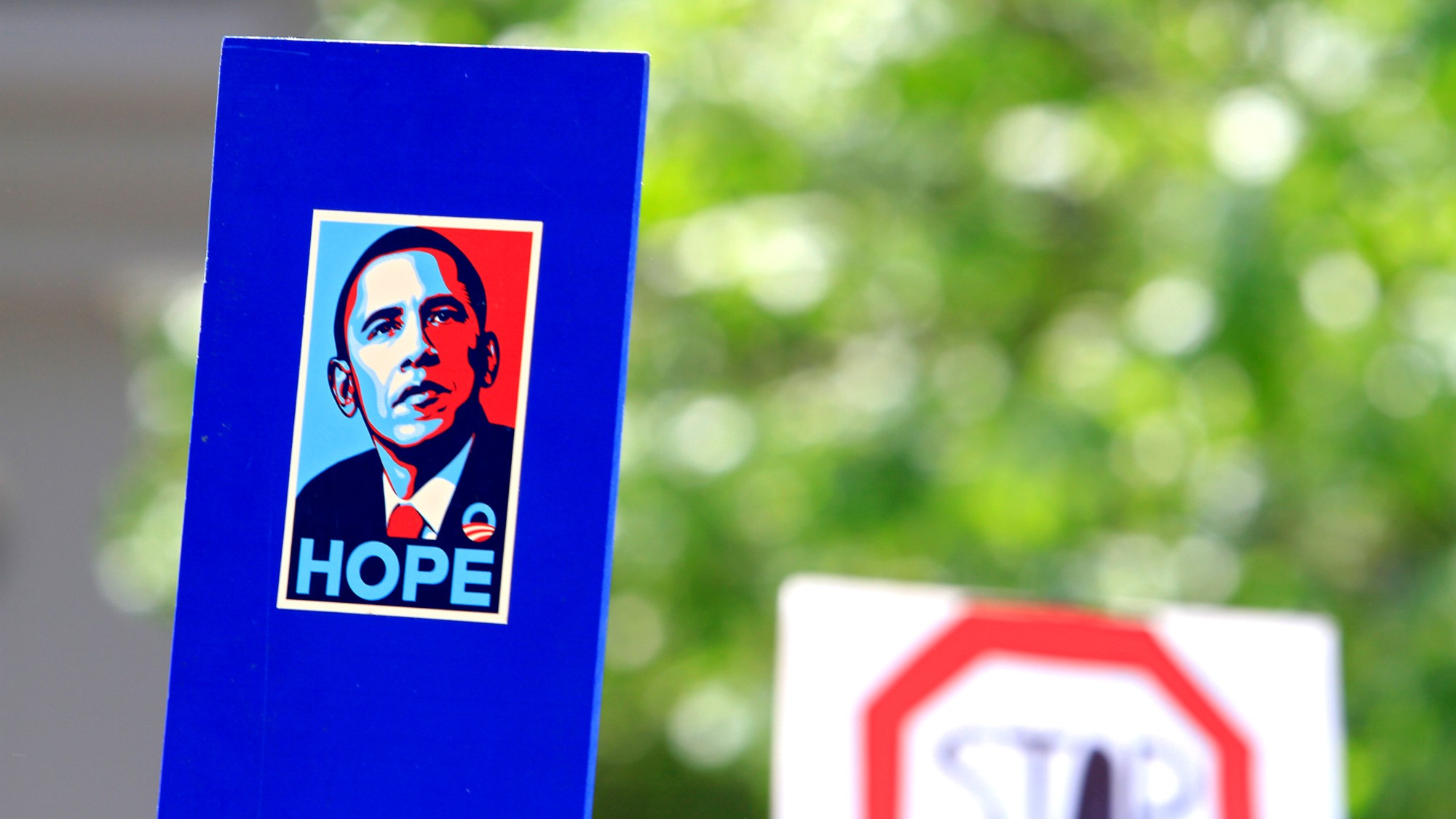 'It's America that refuses to listen and learn'
'It's America that refuses to listen and learn'Instant Opinion Opinion, comment and editorials of the day
-
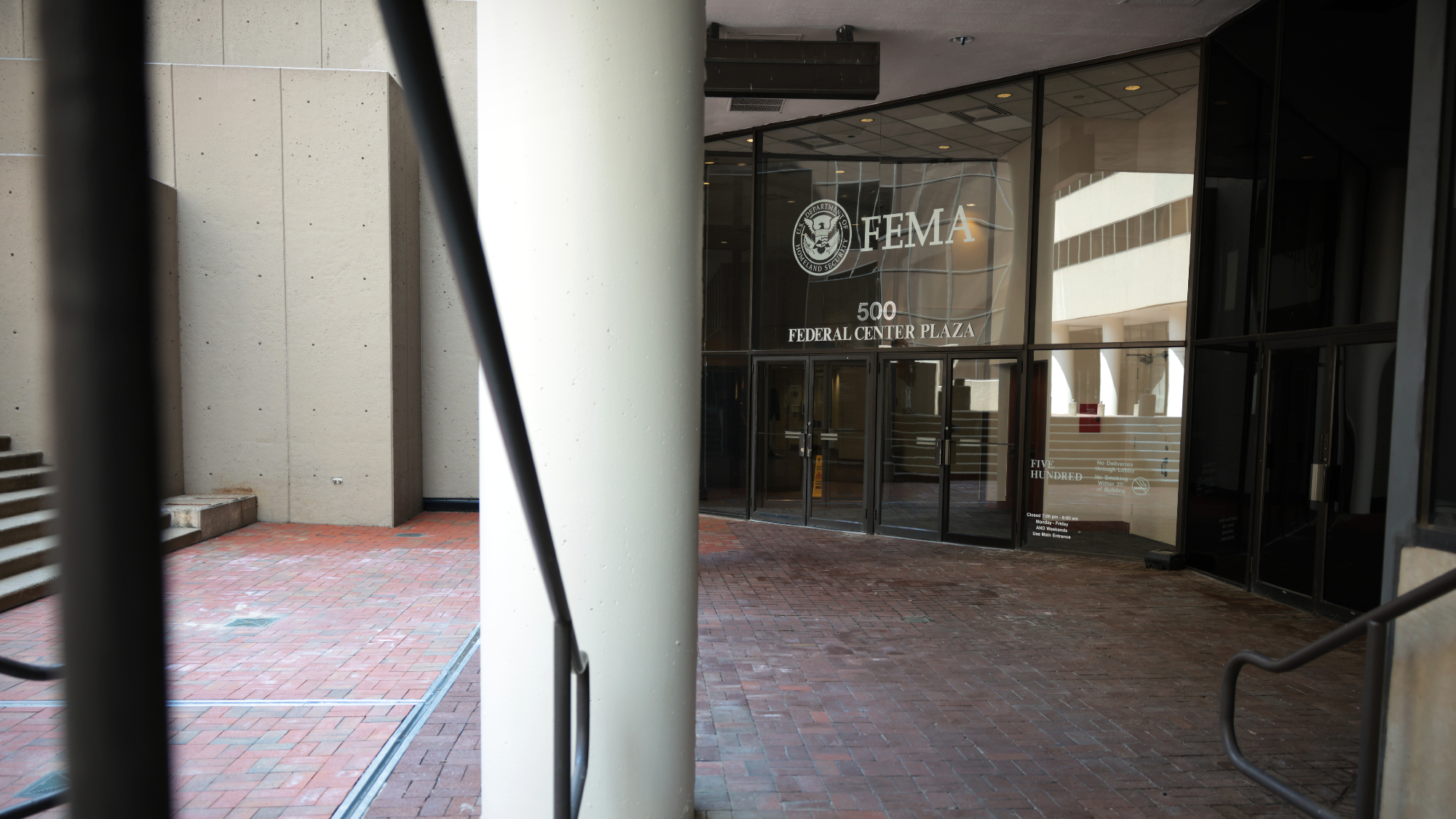 Depleted FEMA struggling as hurricane season begins
Depleted FEMA struggling as hurricane season beginsspeed read FEMA has lost a third of its workforce amid DOGE cuts enforced by President Donald Trump
-
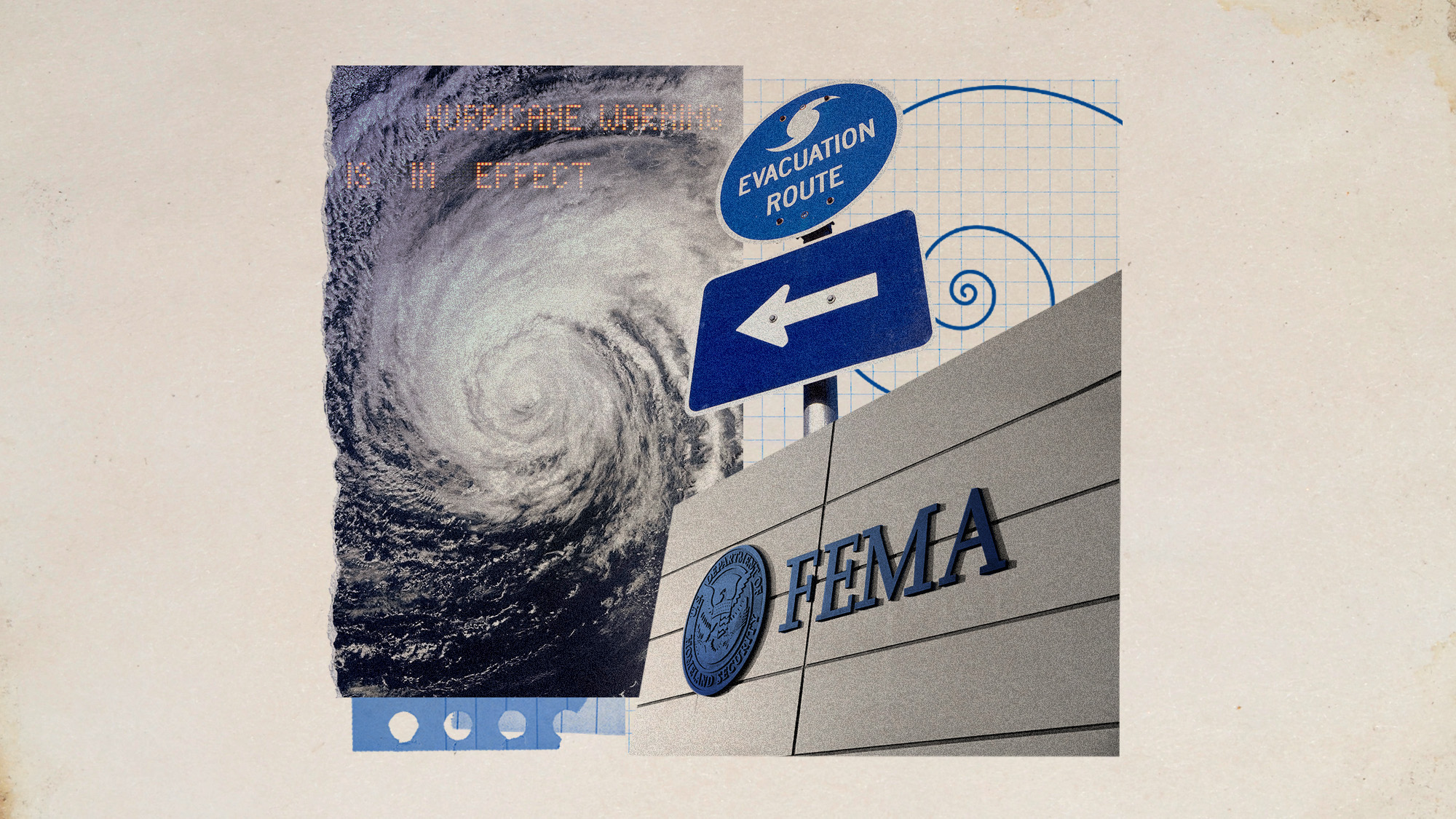 Hurricane season is here. How will Trump's FEMA respond?
Hurricane season is here. How will Trump's FEMA respond?Today's Big Question An internal review says the agency is not ready for big storms
-
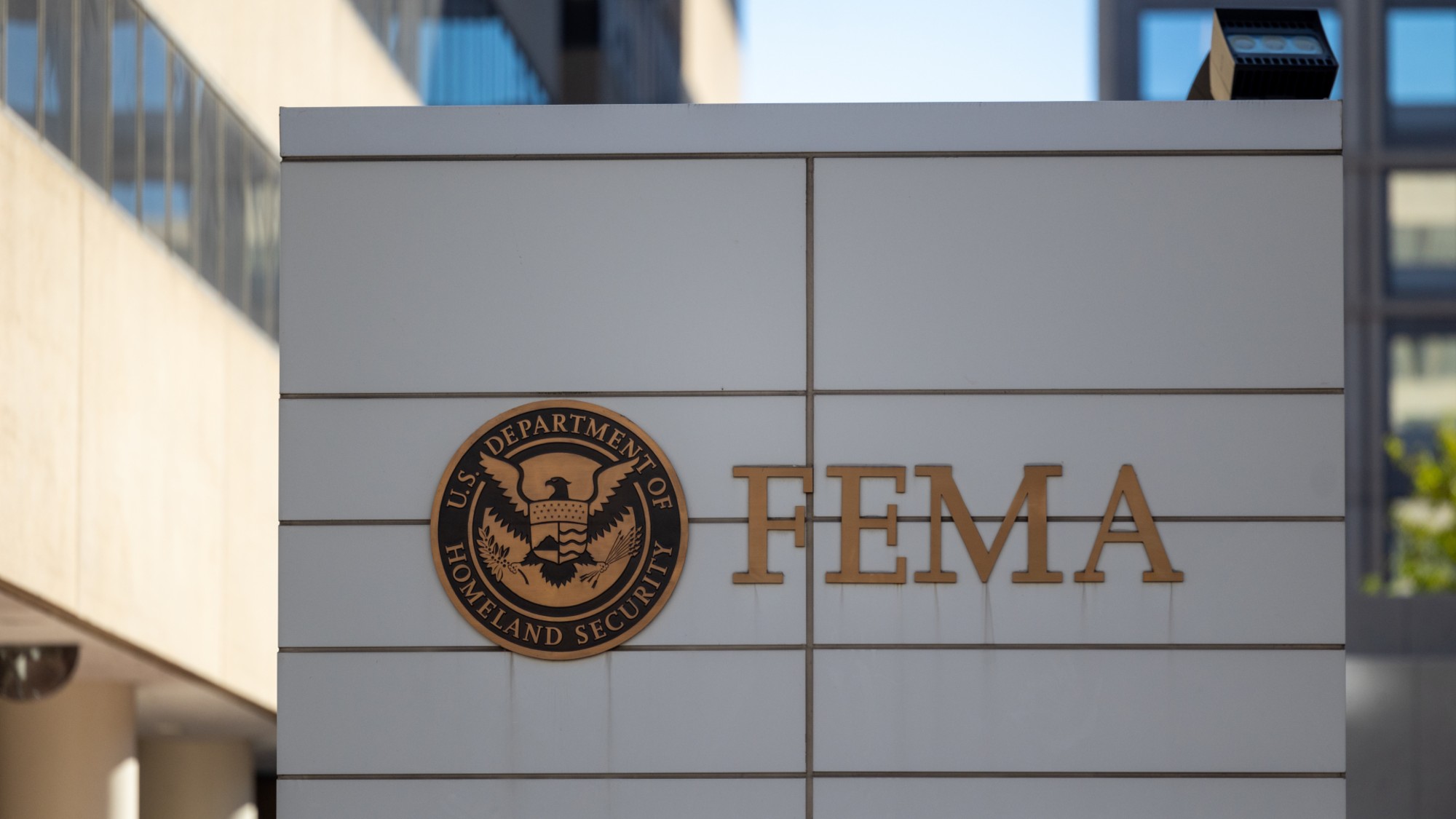 'Natural disasters don't happen only in the movies'
'Natural disasters don't happen only in the movies'Instant Opinion Opinion, comment and editorials of the day
-
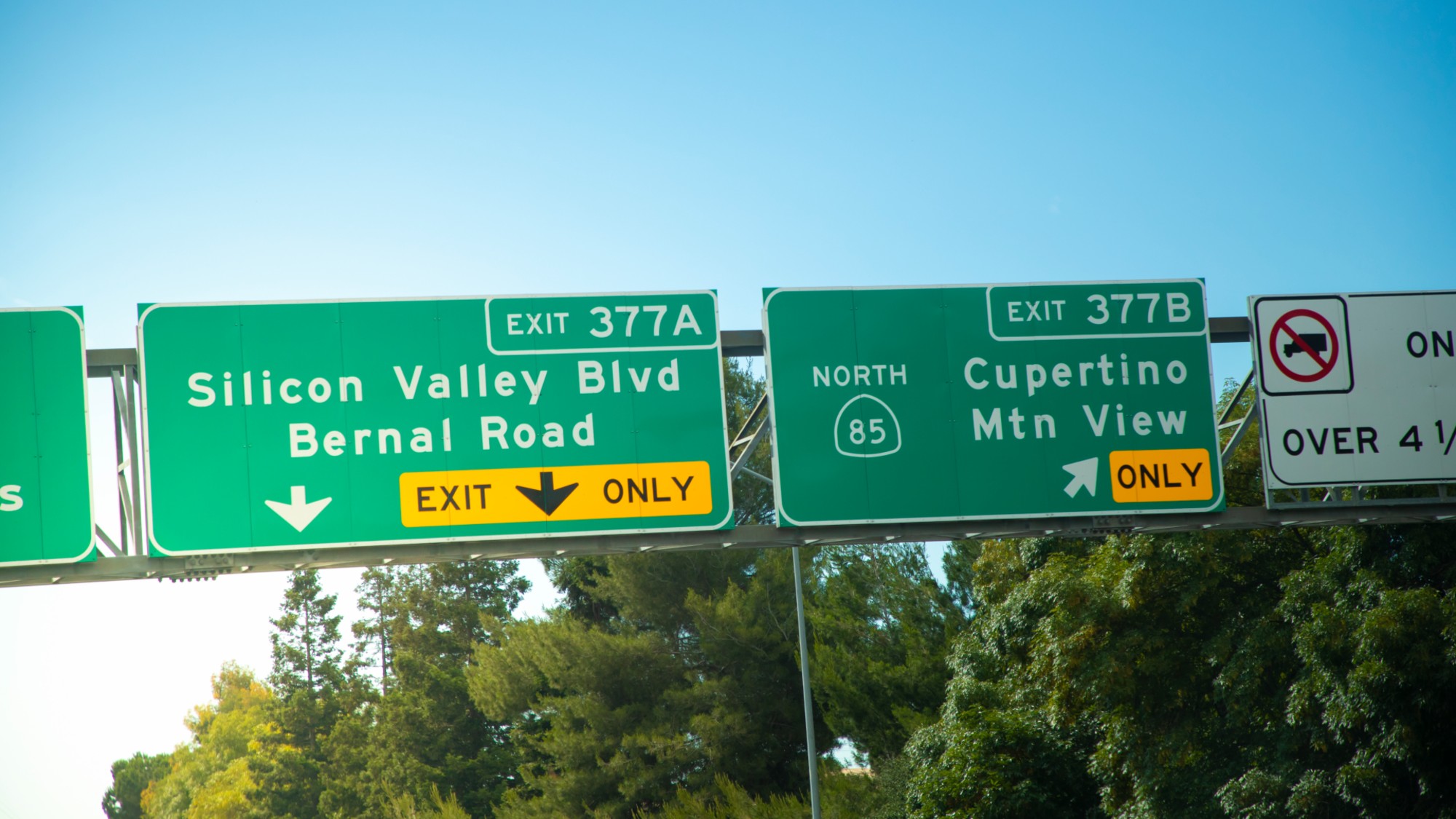 'They are the builders, entitled to impose upon us their wildest dreams'
'They are the builders, entitled to impose upon us their wildest dreams'Instant Opinion Opinion, comment and editorials of the day
-
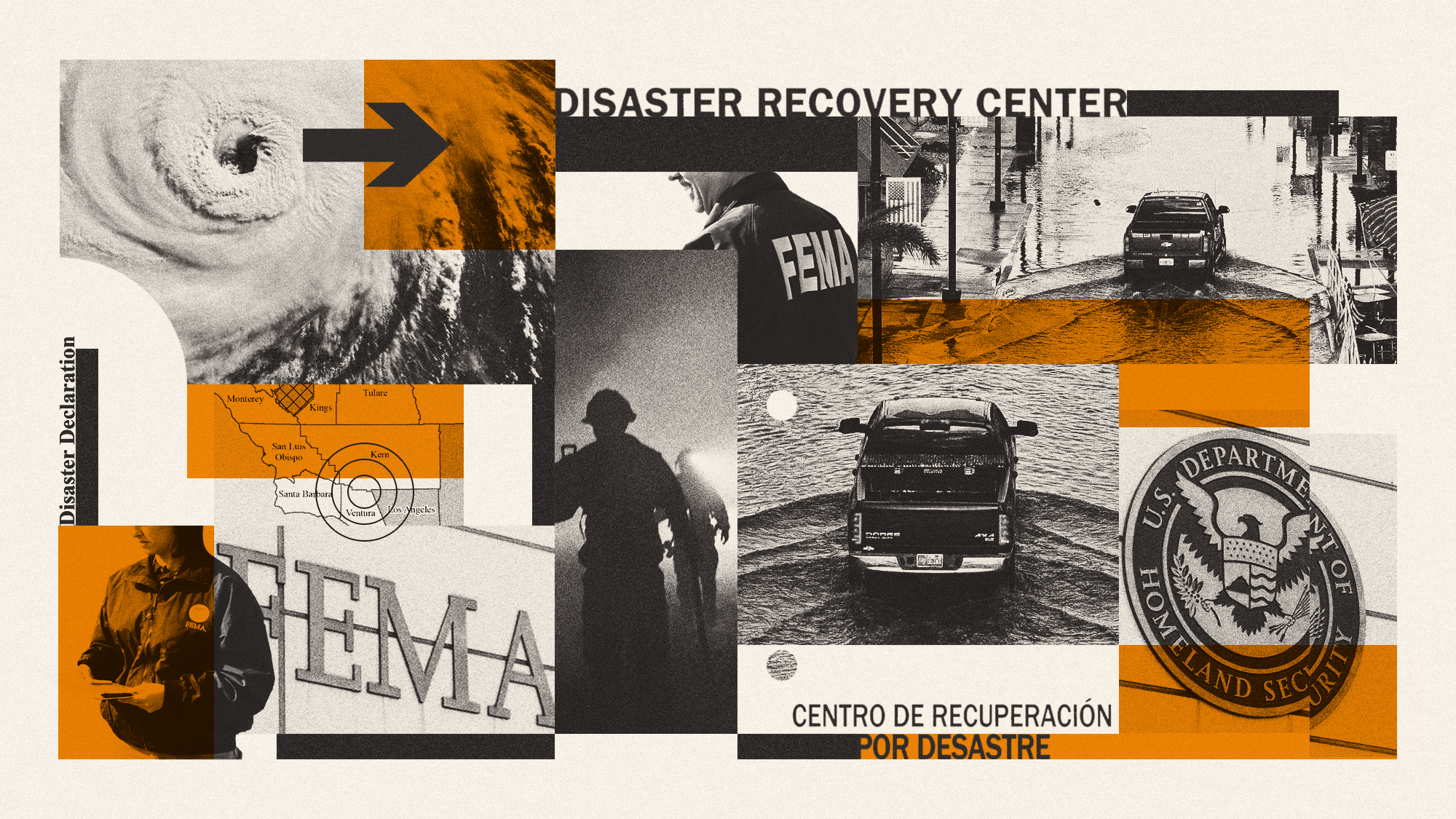 What's the future of FEMA under Trump?
What's the future of FEMA under Trump?Today's Big Question The president has lambasted the agency and previously floated disbanding it altogether
